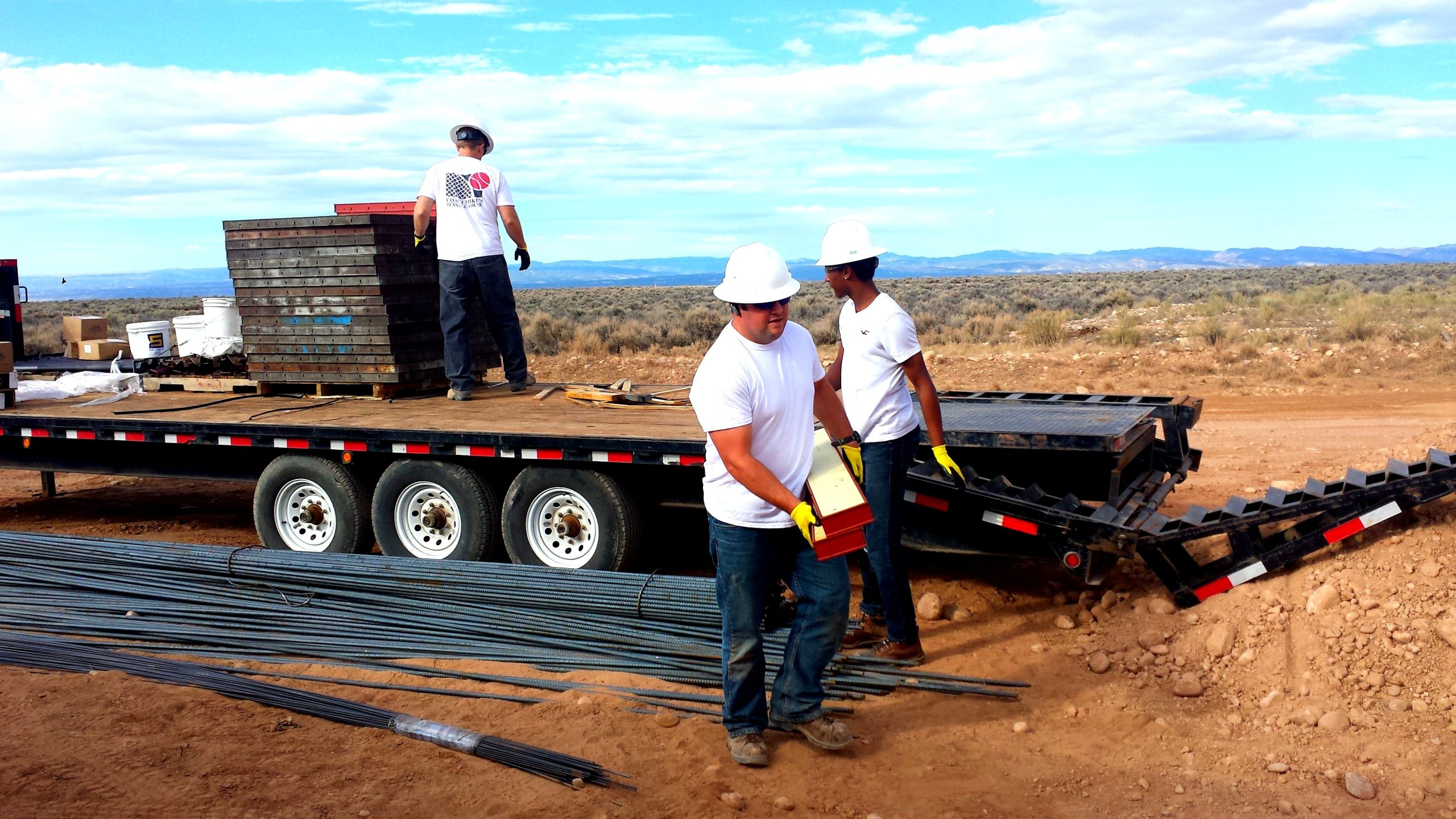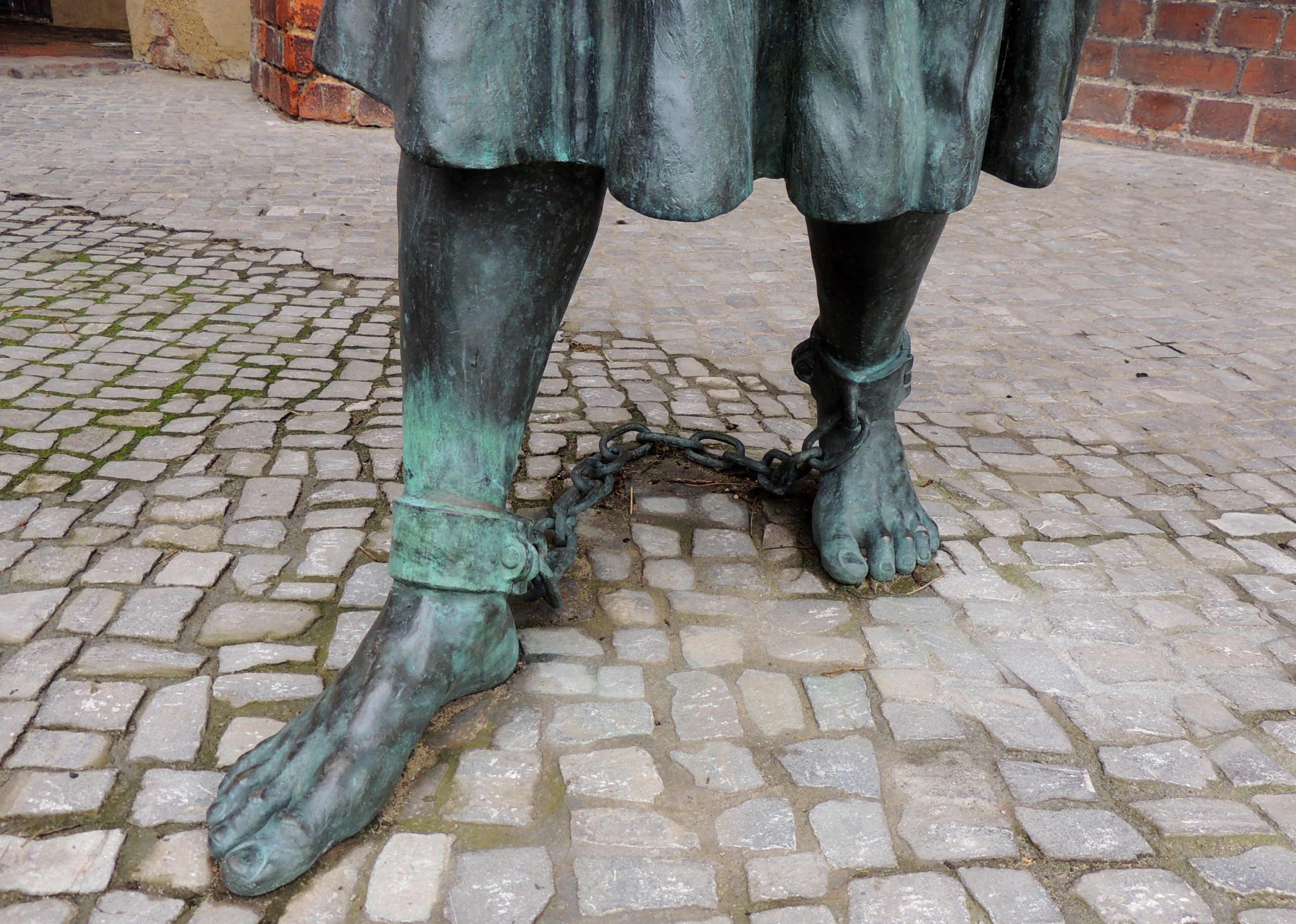 If you are injured on the job, one of your primary concerns is likely finding competent medical care. Under the Louisiana Workers’ Compensation Act, injured workers can select one physician of any specialty without their employer’s approval. What happens if your employer refuses to pay for your selected physician?
If you are injured on the job, one of your primary concerns is likely finding competent medical care. Under the Louisiana Workers’ Compensation Act, injured workers can select one physician of any specialty without their employer’s approval. What happens if your employer refuses to pay for your selected physician?
Marvin Ray Scott brought a workers’ compensation claim against his employer, Packaging Corporation of America (“PCA.”) Scott claimed he had lost his hearing because of his work at the Boise Paper Mill in DeRidder, Louisiana. Scott then filed a motion to have an expedited hearing under La. R.S. 23:1121. Scott claimed PCA had not authorized his initial visit to his selected physician. PCA responded, claiming Scott had improperly used summary proceedings because he was not just trying to get approval for his selected physician, but he was also seeking attorney’s fees and penalties. At the hearing, the workers’ compensation judge ruled in favor of Scott and ordered PCA to pay Scott’s relevant medical bills and pay separate penalties and attorney’s fees, totaling $7,000. PCA filed an appeal.
Louisiana Workers’ Compensation Act sets forth rights and remedies for injured workers. Under La. R.S. 23:1121, an employee is permitted to select one physician of any specialty without their employer’s approval. If the employer denies that, the employee is entitled to an expedited proceeding. Under La. R.S. 23:1201(F), the employer can also be required to pay penalties and attorneys’ fees if it does not comply with its statutory obligations to an injured worker.
 Insurance Dispute Lawyer Blog
Insurance Dispute Lawyer Blog


 Lawsuits involving slip and fall accidents are widespread. However, specific requirements must be satisfied to prevail in a slip-and-fall case. The following lawsuit helps answer the question: Can a business be held liable if a patron slips and falls on a wet walkway?
Lawsuits involving slip and fall accidents are widespread. However, specific requirements must be satisfied to prevail in a slip-and-fall case. The following lawsuit helps answer the question: Can a business be held liable if a patron slips and falls on a wet walkway?  Even in cases involving tragic factual situations, strict procedural requirements must be followed to prevail on your claim. This case involves the time limits in which you must file a lawsuit and the principle of
Even in cases involving tragic factual situations, strict procedural requirements must be followed to prevail on your claim. This case involves the time limits in which you must file a lawsuit and the principle of  Summary judgment is designed to enable judicial expediency and cost-effectiveness in the courts. It is an important and complicated procedure that can occur repeatedly during litigation. When summary judgment is asserted repeatedly in the same case, how do parties prevail in their attempts to get or defeat summary judgment motions? The following case helps answer that question.
Summary judgment is designed to enable judicial expediency and cost-effectiveness in the courts. It is an important and complicated procedure that can occur repeatedly during litigation. When summary judgment is asserted repeatedly in the same case, how do parties prevail in their attempts to get or defeat summary judgment motions? The following case helps answer that question.  When an individual sustains an injury while on the job, the anticipation of receiving workers’ compensation to tide them over during their recovery is natural. Regrettably, situations arise where companies are unwilling to shoulder this responsibility. The scenario becomes more intricate when a parent company distances itself from its subsidiary’s actions, attempting to evade liability for workplace injuries. This particular Louisiana Court of Appeals case delves into corporate responsibility, illuminating the circumstances under which a parent company is held accountable for the safety measures enacted by its subsidiary entities.
When an individual sustains an injury while on the job, the anticipation of receiving workers’ compensation to tide them over during their recovery is natural. Regrettably, situations arise where companies are unwilling to shoulder this responsibility. The scenario becomes more intricate when a parent company distances itself from its subsidiary’s actions, attempting to evade liability for workplace injuries. This particular Louisiana Court of Appeals case delves into corporate responsibility, illuminating the circumstances under which a parent company is held accountable for the safety measures enacted by its subsidiary entities. Unfortunately, accidents in the workplace are not uncommon. What happens, however, if you unknowingly signed an agreement making your employer immune from a liability claim? The following Lafourche Parish case outlines this predicament.
Unfortunately, accidents in the workplace are not uncommon. What happens, however, if you unknowingly signed an agreement making your employer immune from a liability claim? The following Lafourche Parish case outlines this predicament.  Medical professionals are expected to uphold a standard of care in their practice. Unfortunately, life can present us with unfortunate circumstances where this standard is not met. When we experience injuries or worse due to the actions of those responsible for our treatment, healing, or diagnosis, medical malpractice claims can serve as a means to seek compensation and justice.
Medical professionals are expected to uphold a standard of care in their practice. Unfortunately, life can present us with unfortunate circumstances where this standard is not met. When we experience injuries or worse due to the actions of those responsible for our treatment, healing, or diagnosis, medical malpractice claims can serve as a means to seek compensation and justice. In the aftermath of a car accident, the quest for justice often extends beyond determining fault, delving into the intricate realm of calculating damages. Even when the liability is undisputed, securing compensation can be laden with legal complexities. The following case unveils the story of Shelley Cooley, a collision victim navigating the labyrinth of litigation to ascertain the rightful compensation for her injuries. The journey sheds light on the indispensable role of compelling evidence, from medical testimony to personal accounts, in establishing the magnitude of damages in the aftermath of an accident.
In the aftermath of a car accident, the quest for justice often extends beyond determining fault, delving into the intricate realm of calculating damages. Even when the liability is undisputed, securing compensation can be laden with legal complexities. The following case unveils the story of Shelley Cooley, a collision victim navigating the labyrinth of litigation to ascertain the rightful compensation for her injuries. The journey sheds light on the indispensable role of compelling evidence, from medical testimony to personal accounts, in establishing the magnitude of damages in the aftermath of an accident. Settling a lawsuit can have many far-reaching effects. Not only will it result in the dismissal of your lawsuit, but it could also affect things such as your social security benefits. Therefore, it is important that you consult with an attorney and carefully consider if a settlement is in your best interest. Additionally, as seen in this case, if you accept a settlement offer, you must ensure the related court order includes all required aspects so you do not have to deal with unintended consequences.
Settling a lawsuit can have many far-reaching effects. Not only will it result in the dismissal of your lawsuit, but it could also affect things such as your social security benefits. Therefore, it is important that you consult with an attorney and carefully consider if a settlement is in your best interest. Additionally, as seen in this case, if you accept a settlement offer, you must ensure the related court order includes all required aspects so you do not have to deal with unintended consequences.  If part of a car falls on you at a vehicle yard, you should be able to recover damages for your injuries from the yard owner. However, if you do not provide sufficient evidence, you will likely be unable to recover for your injuries.
If part of a car falls on you at a vehicle yard, you should be able to recover damages for your injuries from the yard owner. However, if you do not provide sufficient evidence, you will likely be unable to recover for your injuries.